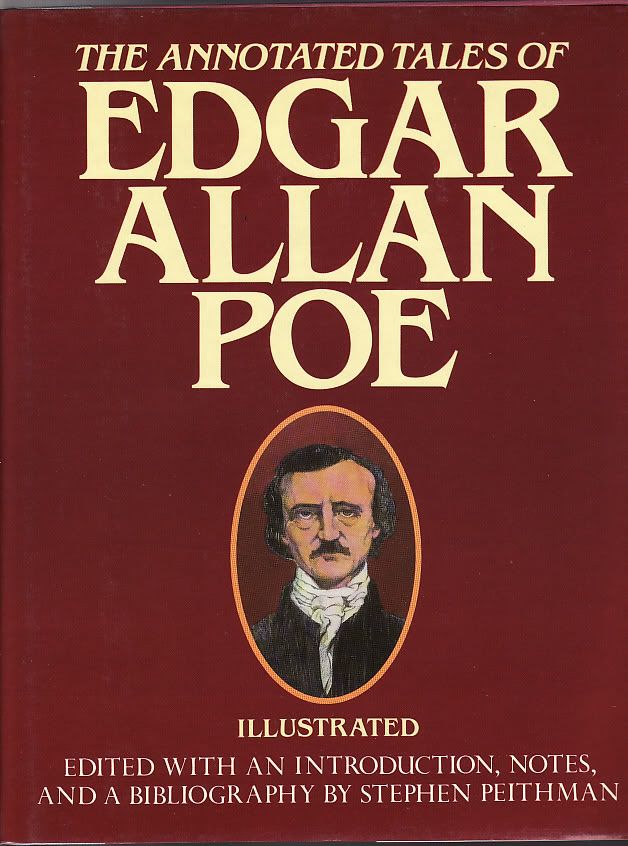Connavar
Well-Known Member
- Joined
- Apr 1, 2007
- Messages
- 8,411
Ouch!
I suppose that depends on what you mean by that phrase. I would call her more a symbol of the idea of a beautiful woman, passionately loved, and lost through death; in some ways representing Poe's own fears concerning his wife Virginia, who had been in fragile health for some years, and was in fact to die within a year or two, at the very young age of twenty-four.
Incidentally, as I have mentioned elsewhere, that is one of the sad yet macabre elements in Poe's life. He doated on Virginia, who was also his cousin (this was in an era where marrying one's first cousin was still fairly common), but for some reason they had never had a likeness of her made, either in painting, sketch, or daguerreotype. It wasn't until she died that Poe realized this oversight and, panic-stricken at the thought of not having anything to represent his beloved lady, asked a friend who was also an artist, to make a likeness of her. So the only authentic image of Virginia Clemm Poe we have, was actually a piece done of her corpse on her deathbed....
File:VirginiaPoe.jpg - Wikipedia, the free encyclopedia
Maybe its what literary scholars has been telling me but i think historical backround for an artist,writer is not needed to analyse his work. Lenore can be analysed,seen for what Poe says in his poem and not look for his cousin,real love as the clear inspiration. Poetry would be one sided if it could be decoded with the writers biographical backround all the time.
"the death... of a beautiful woman" is "unquestionably the most poetical topic in the world"
That famous qoute and The Raven was written before the death of his wife.
Have you read all Poe's poetry J.D ? He has written few poems for being one of the most rated poets. In today class that wasnt suppose to mention him talked alot about how much influence,inspiration he was for modernist poetry,French Symbolism,Modernist Swedish greats.
I find it fascinating coming across one of my fav authors in academical circles. The teachers raving about his ability.


